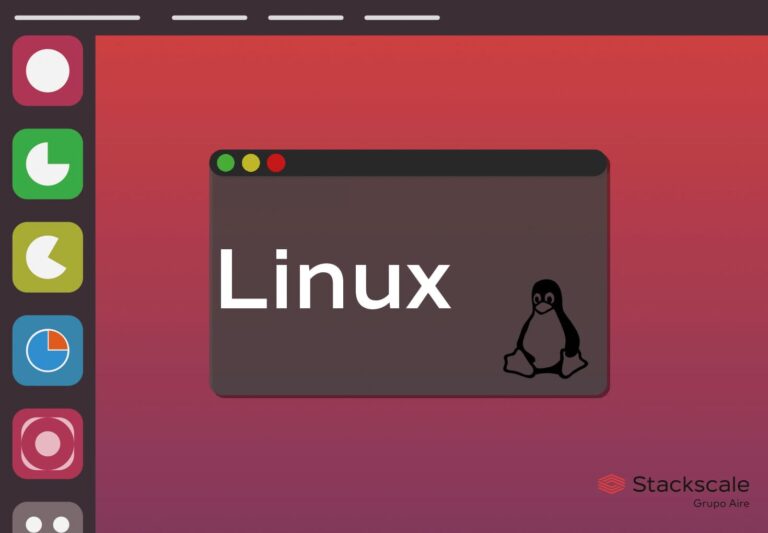Ubuntu is an open source linux-based operating system. It is developed by Canonical and a community of developers — under a meritocratic governance model. It was launched in October 2004 and it is composed mainly of free, open source software. This Linux distribution, based on Debian’s architecture and infrastructure, is widely popular among cloud computing projects.
A new non-LTS version is released every 6 months and a LTS (long-term support) version is released every 2 years. Canonical provides security updates and support from the release date to the End of Life (EOL) date. LTS releases are supported for 5 years and non-LTS releases are supported for 9 months.
LTS releases
| Version | Code name | Release date | End of standard support | End of life |
| Ubuntu 6.06 LTS | Dapper Drake | June 2006 | June 2011 | June 2011 |
| Ubuntu 8.04 LTS | Hardy Heron | April 2008 | May 2013 | May 2013 |
| Ubuntu 10.04 LTS | Lucid Lynx | April 2010 | April 2015 | May 2013 (Desktop) April 2015 (Server) |
| Ubuntu 12.04 LTS | Precise Pangolin | April 2012 | April 2017 | April 2019 |
| Ubuntu 14.04 LTS | Trusty Tahr | April 2014 | April 2019 | April 2024 |
| Ubuntu 16.04 LTS | Xenial Xerus | April 2016 | April 2021 | April 2026 |
| Ubuntu 18.04 LTS | Bionic Beaver | April 2018 | April 2023 | April 2028 |
| Ubuntu 20.04 LTS | Focal Fossa | April 2020 | April 2025 | April 2030 |
| Ubuntu 22.04 LTS | Jammy Jellyfish | April 2022 | April 2027 | April 2032 |
Non-LTS releases
| Version | Code name | Release date | End of life |
| 4.10 | Warty Warthog | October 2004 | April 2006 |
| 5.04 | Hoary Hedgehog | April 2005 | October 2006 |
| 5.10 | Breezy Badger | October 2005 | April 2007 |
| 6.10 | Edgy Eft | October 2006 | April 2008 |
| 7.04 | Feisty Fawn | April 2007 | October 2008 |
| 7.10 | Gutsy Gibbon | October 2007 | April 2009 |
| 8.10 | Intrepid Ibex | October 2008 | April 2010 |
| 9.04 | Jaunty Jackalope | April 2009 | October 2010 |
| 9.10 | Karmic Koala | October 2009 | April 2011 |
| 10.10 | Maverick Meerkat | October 2010 | Abril 2012 |
| 11.04 | Natty Narwhal | April 2011 | October 2012 |
| 11.10 | Oneiric Ocelot | October 2011 | May 2013 |
| 12.10 | Quantal Quetzal | October 2012 | May 2014 |
| 13.04 | Raring Ringtail | April 2013 | January 2014 |
| 13.10 | Saucy Salamander | October 2013 | July 2014 |
| 14.10 | Utopic Unicorn | October 2014 | July 2015 |
| 15.04 | Vivid Vervet | April 2015 | February 2016 |
| 15.10 | Wily Werewolf | October 2015 | July 2016 |
| 16.10 | Yakkety Yak | October 2016 | July 2017 |
| 17.04 | Zesty Zapus | April 2017 | January 2018 |
| 17.10 | Artful Aardvark | October 2017 | July 2018 |
| 18.10 | Cosmic Cuttlefish | October 2018 | July 2019 |
| 19.04 | Disco Dingo | April 2019 | January 2020 |
| 19.10 | Eoan Ermine | October 2019 | July 2020 |
| 20.10 | Groovy Gorilla | October 2020 | July 20211 |
| 21.04 | Hirsute Hippo | April 2021 | January 2022 |
| 21.10 | Impish Indri | October 2021 | July 2022 |
Ubuntu editions
There are four editions of the Ubuntu distribution, that can run on computers and in virtual machines:
- Cloud: the world’s most popular cloud operating system across public clouds.
- Core: designed for the Internet of Things (IoT) and embedded environments.
- Desktop: one of the most popular open source desktop OS for personal computers and laptops.
- Server: designed for scaling out workloads in public and private data centers.
Discover other popular Linux distributions.





